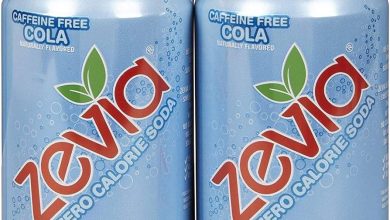Leavening Agent: Yeast (Baker’s Compressed)
Baker’s compressed yeast is a type of leavening agent commonly used in bread and other baked goods to help them rise. It plays a crucial role in fermentation, converting sugars into carbon dioxide, which causes dough to expand and become light and airy. This yeast is often preferred in professional kitchens for its reliable and quick results.
Nutritional Information per Serving (100g):
| Nutrient | Amount |
|---|---|
| Energy | 105.0 kcal |
| Protein | 8.4 g |
| Total Fat | 1.9 g |
| Saturated Fat | 0.243 g |
| Carbohydrates | 18.1 g |
| Fiber | 8.1 g |
| Sugar | 0.0 g |
| Calcium | 19.0 mg |
| Iron | 3.25 mg |
| Magnesium | 40.0 mg |
| Phosphorus | 336.0 mg |
| Potassium | 601.0 mg |
| Sodium | 30.0 mg |
| Zinc | 9.97 mg |
| Copper | 0.148 mcg |
| Manganese | 0.2 mg |
| Selenium | 8.1 mcg |
| Vitamin C | 0.1 mg |
| Thiamine (B1) | 1.88 mg |
| Riboflavin (B2) | 1.13 mg |
| Niacin (B3) | 12.3 mg |
| Vitamin B6 | 0.43 mg |
| Folate | 785.0 mcg |
| Vitamin B12 | 0.01 mcg |
| Vitamin A | 0.0 mcg |
| Vitamin E | 0 mg |
| Vitamin D2 | 0.0 mcg |
Allergen Information:
Baker’s compressed yeast does not typically contain common allergens such as dairy, eggs, or nuts. However, it may be processed in facilities that handle allergens. Always check for specific labeling if you have concerns about cross-contamination.
Dietary Preferences:
This ingredient is suitable for a wide range of dietary preferences, including:
- Vegan: As a natural microorganism, it is plant-based and suitable for vegan diets.
- Vegetarian: Free from animal products, making it suitable for vegetarians.
- Gluten-Free: Baker’s yeast itself does not contain gluten, but products containing yeast, such as bread, may still contain gluten if flour with gluten is used. Always ensure that your recipe uses gluten-free flour if you’re aiming for a gluten-free result.
- Kosher: Depending on the certification, many varieties of compressed yeast are Kosher.
Usage and Advice:
Baker’s compressed yeast must be kept refrigerated to maintain its potency. It is often dissolved in warm water or milk before being added to dough. This allows it to activate and begin fermenting, which is crucial for the leavening process. When using this yeast, ensure that liquids are not too hot, as extreme temperatures can kill the yeast, preventing it from working properly.
This yeast is typically used in bread recipes, pizza dough, and other baked goods that require a significant rise. For best results, it is recommended to use the yeast within its expiry date and store it in a cool, dry place.
Conclusion:
Baker’s compressed yeast is an essential ingredient for creating light, airy baked goods. With its nutritional benefits, such as protein, fiber, and a variety of vitamins and minerals, it not only contributes to the texture of your recipes but also offers valuable nutrients. Its versatility and ease of use make it a staple in many kitchens, from professional bakers to home cooks looking to create delicious, freshly baked bread, rolls, and more.










